Few, if any, branches of the Irish economy were left unharmed in 2020 as a result of you-know-what, and the hospitality sector was probably the one that suffered the most. But those operating within that field are resilient if nothing else: they had to be and will have to be again in the coming months.
From those frightening days in March, when the scale of the impact the pandemic would have on our nation's health and also our national economy began to dawn on us all, and the shutters started coming down on many, many businesses in our cities, towns and villages; through the optimism of summer; the nervy weeks of autumn as "the numbers" rocketed again; and the dark winter evenings when we wondered if and when more restrictions would land; the people who own and work in our hotels, B&Bs, restaurants, pubs, and cafés have been dealing with uncertainty throughout.
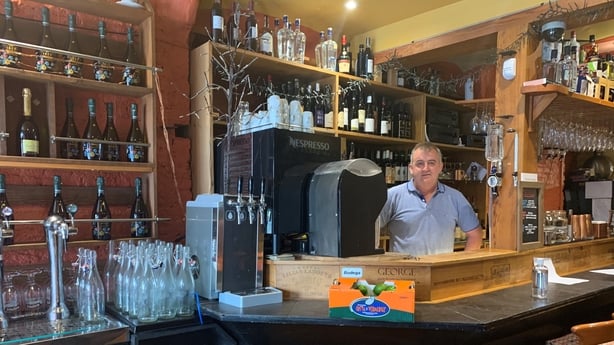
Travelling from county to county as this longest of years drew on, and seeing first-hand the effect that the pandemic and the consequent restrictions were having, was heart-breaking.
And yet.
If politics is the art of the possible, this year life in general has been something similar. Those businesses that had to close did all they could to re-open again, as soon as possible. Layout changes, greater space between customers and clients, hand sanitisers at every turn, face coverings for all, time limits as specified by the Government, right down to electronic ordering from electronic menus. Whatever had to be done, was done.
And will be done.
One of the most striking sights of the year came on Good Friday, when a visit to Curracloe beach brought home how much things had changed in the space of a few months. A clear, sunny day, with not a breath of wind or a drop of rain, would 'normally' see crowds flocking to such a beauty spot at the outset of a bank holiday weekend. But, apart from an occasional walker, the white sands were deserted.
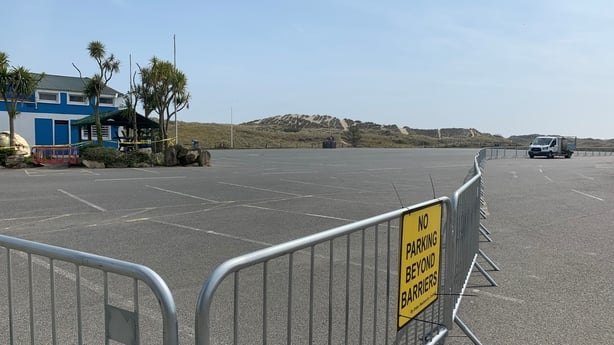
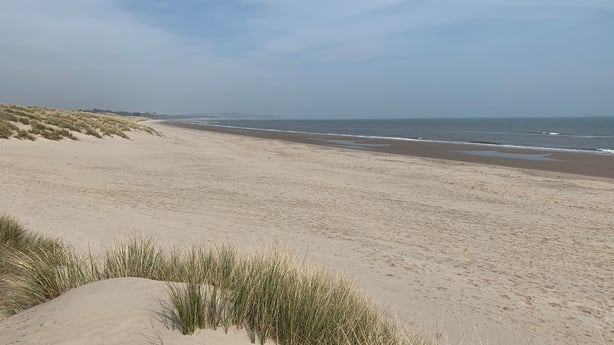
Travel restrictions were in force and garda checkpoints were omnipresent. Businesses who would normally flourish in the good weather, and as spring got brighter and warmer, could not. Bizarrely, we had hotelier Hugh Neville, from the Visit Wexford organisation, discouraging people from visiting.
As the lockdown continued, beaches were deserted, the Waterford Greenway had a few straggler walkers and cyclists, many attractions had to stay closed.
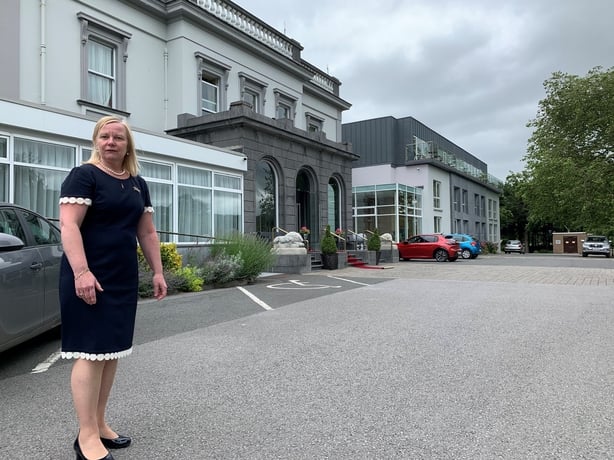
Then, in June, with the virus suppressed in the community, we had re-openings as hoteliers, restaurateurs and others demonstrated innovation and determination and, yes, resilience, to put the show back on the road, and keep it there, for as long as they were allowed.
We visited Bodega in Waterford city, the popular restaurant near the Apple Market, which made various changes to ensure it could open safely. Mount Congreve Gardens in Kilmeaden, Co Waterford, where the great space allowed for safe social distancing and a special day was set aside each week for people who had been "cocooning". Hotel Minella in Clonmel, which also rang the changes in its restaurants and bars and leisure centre. The Reg in Waterford city, where the staff wore masks, wiped down menus and tables at every opportunity, and directed diners to socially-distanced tables. Campsites and surf schools along the Wexford and Waterford coastlines, which operated at reduced capacity to allow for more space for holidaymakers. There were also many ventures and non-food pubs that had a shorter window than anyone else and look like remaining closed for more of 2021 than anyone else.
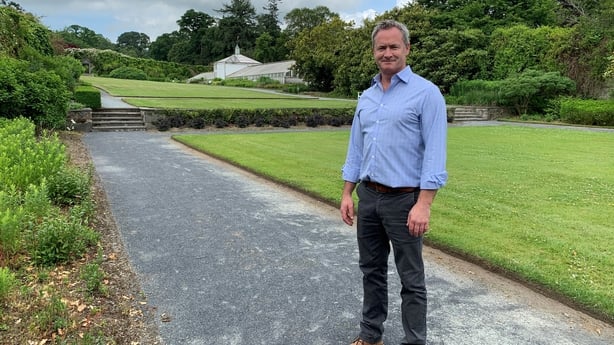
Then there were the events that could go ahead, albeit with great changes. These included Spraoi in Waterford, which had to forego the ever-popular street parade but still managed to bring some colour to the city centre; Clonmel Junction Festival, with a large online element in the absence of live performance; Kilkenny Arts Festival; and sporting events such as race meetings and matches, without the customary crowds.
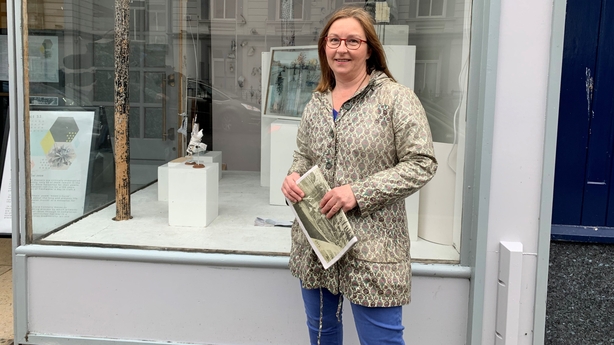
Not forgetting, of course, those events that just were not possible to stage in 2020 and which, fingers crossed, will return in 2021.
This was the year of the holiday at home, the staycation, and while many people would have preferred to hit the sunnier climes, it was an opportunity to visit those places on this island we've always wanted to visit; or those places where we holidayed years ago and vowed to return to one day.
It gave the struggling tourism sector a badly-needed summer of business before "the numbers" shot up once more, with stricter and stricter rules imposed on us all.
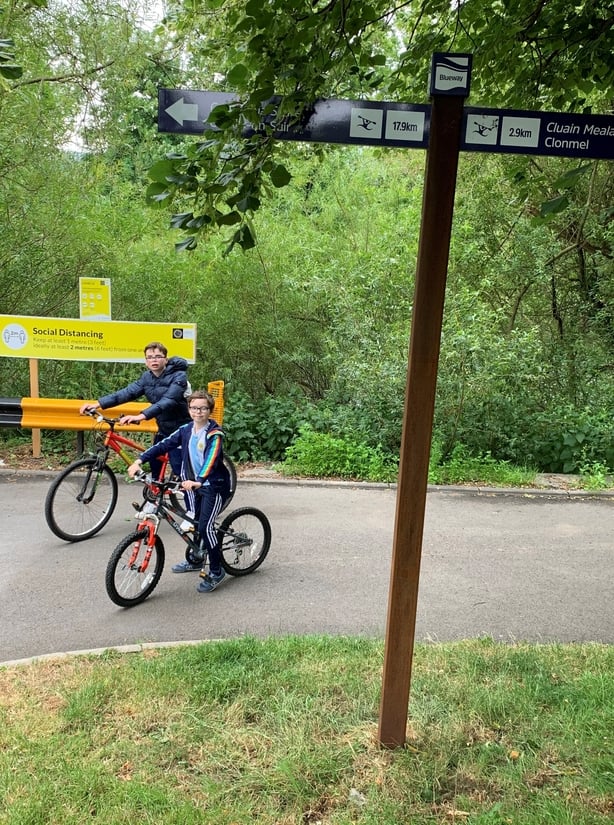
Another short window was opened to the hotels, restaurants and gastro-pubs in the lead-up to Christmas, before the rollercoaster that we're all on against our will hit another dip of uncertainty amid numbers that were higher than ever before.
So on we go, into a January that will be dry in many ways, while the people who work in hospitality look out through closed doors onto quiet streets and wait for the vaccines to make their way across the population, hopefully with great safety and effectiveness, allowing this year to be a lot busier than its predecessor.
The roaring 20s, eh?






